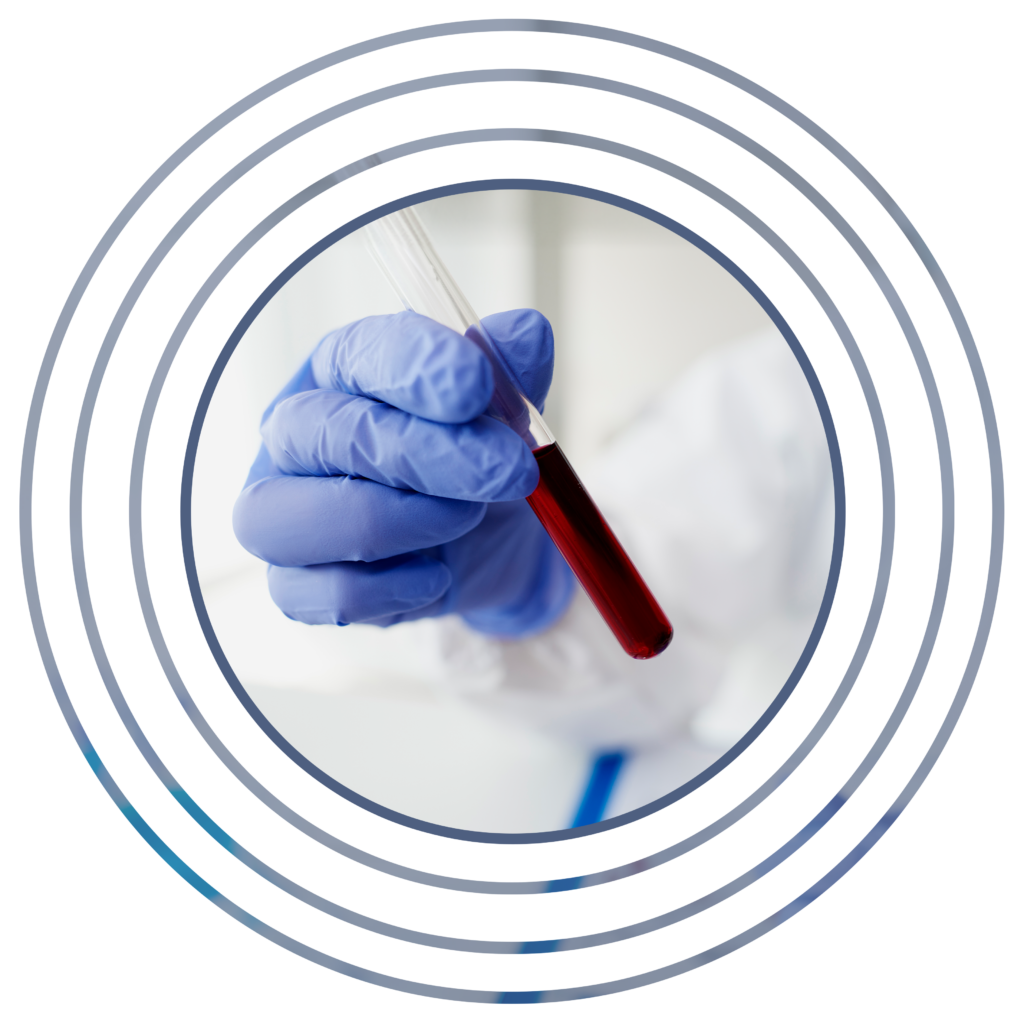BLOOD DRUG TESTING

Assessing Treatment Adherence And Efficacy With Therapeutic Medication Monitoring
Blood drug testing should be part of any well-rounded therapeutic medication monitoring protocol. It provides a snapshot of drugs present in blood at the time it is drawn and is an important tool in assessing not only if patients are taking their prescribed medications, but also if they are taking them at the prescribed dose.
Because of its relatively short detection window, blood testing is not ideal for routine screening but is very effective for patients taking a medication regularly to determine if they are in steady state range. It is useful for clinicians who treat patients on chronic opioid therapy for pain management and can be used as a supplement to other testing methods for providers who treat patients with substance use disorder to gain a different perspective on their patient’s adherence to their medication regimen.
Blood testing can also indicate potential metabolic issues. If a patient is not within the expected steady state range, it may be an expression of a genetic metabolism issue. Blood testing results outside the steady state range can be reflexed to pharmacogenetic testing at the authorized clinician’s request.
Benefits of Blood Testing
Blood is the preferred specimen type that is useful in assessing adherence with a prescribed dosing regimen.
Quantitative results correlate to the dose of a drug taken when a patient is in steady state.
The detection window is approximately two days depending on the drug and reveals very recent drug use.
Blood provides an indication that a patient may not be metabolizing a medication effectively.
Sample tampering or adulteration is virtually impossible.
Navis Clinical Laboratories® offers an extensive drug testing menu with over 180 metabolites and parent drugs, including more than 60 mental health testing options. Contact us for a complete list of drug testing options.
